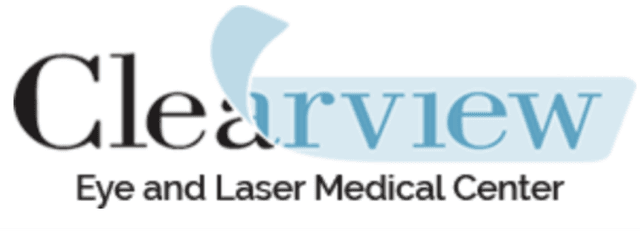
These days, it’s possible to purchase sunglasses just about anywhere, with price options ranging from ultra low-end to costly fashion accessories. But do expensive shades offer any health benefits, such as greater protection from the sun’s damaging ultra-violet (UV) rays?
According to ophthalmologist Sandy T. Feldman, MD, the Medical Director of Clearview Eye & Laser Medical Center in San Diego, the answer is a resounding no. “Designer shades might have better looking frames, but price is no indication of the effectiveness of the lenses. Sunglasses don’t have to cost a lot to work well.”
Typically, the price of a pair of sunglasses isn’t based on the quality of the materials or the degree of sun protection provided-making lenses with UV protection doesn’t require expensive technology. For about $30 or $40, Dr. Feldman says, you can find drugstore sunglasses with 100% UV protection. Pay a bit more and you can get UV protection and polarizing lenses that reduce glare. Beyond that, you’re paying for aesthetics or the brand.
“The Holy Grail for consumers, of course, is a pair of sunglasses that looks great and protects the eyes from sun damage,” says Dr. Feldman. “And yes, they are out there.”
Why is sun protection so important? UV light does a great deal of damage to the eyes, often leading to vision problems after years of over-exposure to the sun. Among other things, it’s known to cause macular degeneration, photo keratitis (a.k.a. snow blindness) and skin cancers of the eyelid, which can sometimes spread to the eye and face.
“Conditions caused by too much sun exposure can often be found during a routine eye exam. This is why it’s important to have your eyes checked each year,” Dr. Feldman advises.
The doctor’s top tips for choosing sunglasses:
“Another thing to remember is that sunglasses aren’t just for summer. We need to be mindful of UV damage year-round, even on cloudy days,” cautions Dr. Feldman. “Be sure to wear sunglasses and a hat whenever possible. It’s the best thing you can do to save your eyes.”
Sandy T. Feldman, MD is the Medical Director of Clearview Eye & Laser Medical Center - voted best LASIK center in San Diego by CityBeat Magazine in 2013 and in 2016, named as premier surgeon in Ocular Surgery News 300 Innovators in Refractive Cataract Surgery. She has successfully performed more than 20,000 refractive procedures. Her numerous awards include “Top Doc San Diego” and the Goldline Award, an honor granted to only 10 laser eye care providers in the U.S. each year, and she has been profiled in Forbes, Newsweek, and other respected publications. Dr. Feldman is a fellow of the prestigious American and European College of Ophthalmic Surgeons, as well as a member of the American Academy of Ophthalmology and the American Society of Cataract and Refractive Surgery. For more information, please visit clearvieweyes.com.

Call Us: (858) 452-3937
8:30AM - 7:00 PM - Monday through Saturday (Saturday until 11:30AM)